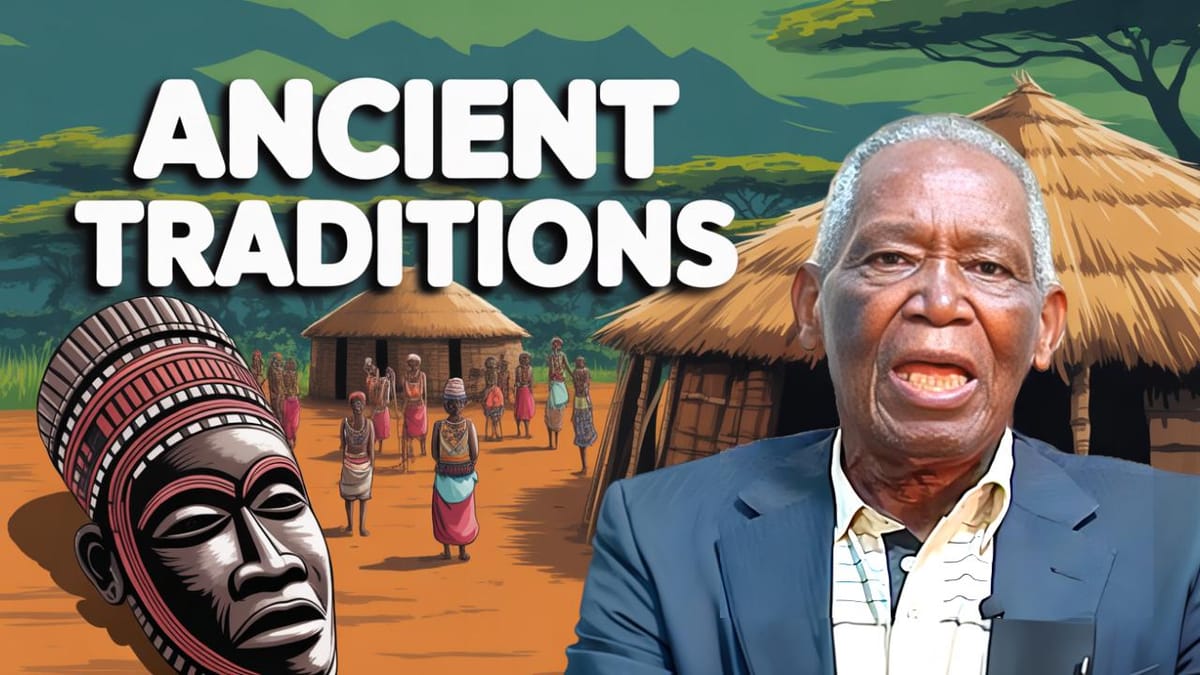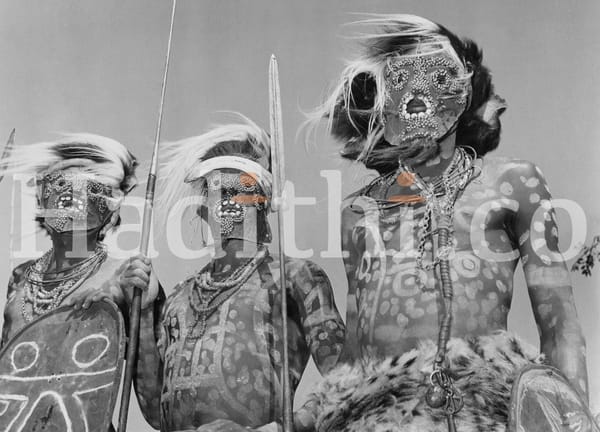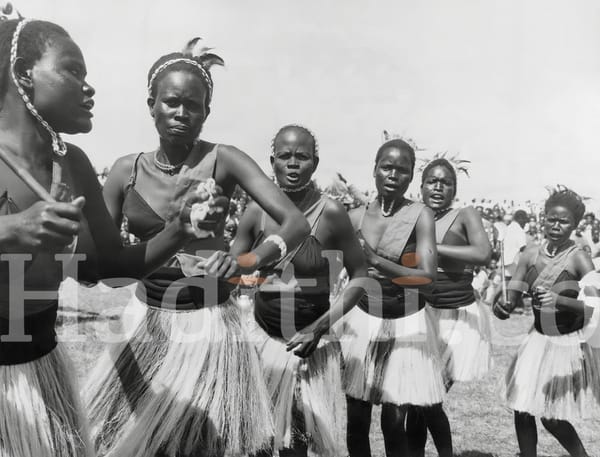The Cultural Significance of Polygamy in the Kikuyu Community

Introduction
Polygamy remains a significant aspect of life in the Kikuyu community, one of the largest ethnic groups in Kenya. This practice is intertwined with cultural, social, and economic structures, reflecting deep-rooted traditions that have evolved over generations. This article delves into the intricacies of Kikuyu marriage customs, the roles of men and women, the historical context of age groups, and the evolving nature of these practices in contemporary society, captured from our one-on-one interview with Mr Evans Ndungu.
Historical Context of Kikuyu Society
Age Groups in Kikuyu Culture
In traditional Kikuyu society, age groups were fundamental in organizing social structure. Historically, three main age groups existed: Maina, Mwangi, and Irungu. However, the Irungu group has largely faded away, leaving Maina and Mwangi as the primary groups. These age groups are crucial during rites of passage, particularly circumcision, which marks the transition from boyhood to manhood.
The Significance of Circumcision
Circumcision is a pivotal rite of passage for Kikuyu boys. It symbolizes maturity and readiness for responsibilities, including marriage. The ceremony is celebrated with communal gatherings, rituals, and festivities that reinforce social bonds. Young boys, upon reaching a certain age, undergo this rite, which not only marks their adulthood but also integrates them into their respective age groups, fostering a sense of shared identity and belonging.
The Structure of a Kikuyu Homestead
Establishing a Homestead
The establishment of a Kikuyu homestead typically begins with a man marrying his first wife. The process is initiated by the groom's father, who plays a central role in marriage negotiations. Traditionally, the dowry consists of the exchange of goats rather than monetary payments, emphasizing livestock's importance in Kikuyu culture. These negotiations are often characterized by proverbs and cultural references, reflecting the community's rich oral tradition.
Marriage Negotiations
Marriage negotiations in Kikuyu society are intricate and involve multiple steps. The groom's family thoroughly investigates the bride's background, ensuring there are no historical grievances that could affect the union. This meticulous approach underscores the importance of family honor and social ties. Both families engage in discussions that often involve hints and indirect references, showcasing the sophistication of Kikuyu communication.
Gender Roles in the Homestead among the Kikuyu
Traditional Gender Roles
In a Kikuyu homestead, distinct gender roles were observed. Men were primarily responsible for providing for the family and managing livestock, while women focused on domestic duties, including cooking, child-rearing, and agricultural work. This division of labor is deeply ingrained in Kikuyu culture, although it is not entirely rigid. Men may assist with domestic tasks during critical times, but societal expectations largely dictate that women handle household responsibilities.
The Dynamics of Polygamous Marriages
Polygamy is often determined by a man's wealth and his ability to provide for multiple wives. Wealthier men may have several wives, each living in a separate house within the homestead. This arrangement allows for a clear delineation of responsibilities and helps minimize conflicts among wives. The first wife typically holds a significant status, often acting as a manager and mediator among co-wives. Her role is vital in maintaining harmony within the household.
The Role of the First Wife
The first wife often has considerable influence within the household. She may oversee domestic affairs and contribute to decision-making processes regarding family matters. The dynamics among wives can vary; some may develop close relationships, while others may experience rivalry. The ability of the first wife to foster a cooperative environment is crucial for the overall stability of the homestead.
Evolving Practices and Modern Influences
Impact of Modernity on Traditional Practices
While traditional practices continue to influence Kikuyu culture, modern influences are reshaping family dynamics. Urbanization, education, and economic pressures have led many young Kikuyu to prefer monogamous relationships. The changing landscape challenges traditional norms as individuals navigate the balance between cultural heritage and contemporary societal expectations.
The Role of Education
Education has empowered women significantly, leading to shifts in traditional gender roles. With more women pursuing education and entering the workforce, they increasingly participate in household decision-making and financial management. This shift challenges the previous norms where men were solely responsible for providing. Women's financial independence is reshaping relationships and expectations within the homestead.
Economic Pressures
Economic factors also play a crucial role in shaping marital practices. Rising living costs and the necessity of dual-income households have prompted a reevaluation of polygamous arrangements. Many families find monogamous partnerships more feasible given the current economic context. As financial responsibilities grow, the practicality of maintaining multiple households becomes a concern for many.
Cultural Practices Surrounding Marriage
Dowry and Traditional Payments
The dowry system in Kikuyu culture is an essential aspect of marriage. Traditionally, the dowry consists of 99 plus one goats, symbolizing respect and commitment to the bride's family. This exchange is not merely transactional; it reflects the intertwining of families and the establishment of social bonds. The negotiation process involves discussions filled with proverbs, highlighting the community's rich oral tradition.
Marriage Rituals and Celebrations
Marriage in Kikuyu culture is marked by elaborate rituals and celebrations. These events serve to strengthen community ties and reinforce cultural identity. The involvement of both families emphasizes the collective nature of marriage, where the union is seen as a joining of families rather than just individuals.
Conclusion
The Kikuyu community's approach to polygamy is a complex interplay of tradition, culture, and modernity. While foundational practices such as marriage customs and gender roles remain significant, the influence of education, urbanization, and economic changes is reshaping family life. Understanding these dynamics offers valuable insights into how traditional societies adapt to contemporary challenges while striving to preserve their cultural identity.
Future Considerations
As Kikuyu society continues to evolve, community leaders and members must engage in discussions about the relevance of traditional practices in a modern context. By fostering dialogue around these issues, the community can navigate the challenges posed by modernization while preserving the values that define Kikuyu culture. Emphasizing education, economic empowerment, and open communication will be vital for the future of Kikuyu families and their traditions.



